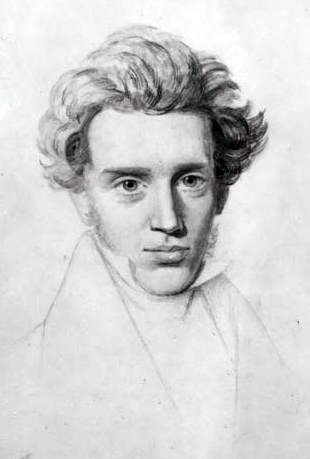World Poetry Day 2016
UNESCO marks World Poetry Day every year on the 21st March.
In celebrating World Poetry Day UNESCO recognises the unique ability of poetry to capture the creative spirit of the human mind.
The Philosophy Foundation use poetry to explore philosophy, and philosophy to explore poetry.
Posted by on 3rd March 2016 at 12:00am
Category: P4C, Philosophy, Poetry
Fate Happens. Deal With It
By Tim Raynor, author of
Life Changing: A Philosophical Guide
Stoic philosophers were the first to see how our judgments and beliefs shape our emotional lives. They understood how an irrational judgment could turn an isolated incident into an all-consuming passion. This idea is commonplace among psychologists today. It forms the basis of Cognitive Behavioural Therapy (CBT), a popular and effective form of psychological treatment. CBT shows us how to redress and correct the irrational judgments at the basis of distressing and disturbing experiences. By changing our thinking, we can change how we are affected by life itself.
Posted by Philosophy Foundation Admin on 2nd July 2012 at 12:00am
Category: Guest Blogger
Stoicism and self-control
By Tim Raynor, author of:
Life Changing: A Philosophical Guide
When a senior politician is charged with adultery today, we expect them to issue a press release, either in self-defense or contrition. Exiled to Corsica on the charge of extra-marital relations with Julia Livilla, sister of the emperor Gaius, the Roman Stoic philosopher and statesman Lucius Annaeus Seneca (3BC – 65AD) wrote a letter to his mother, offering philosophical consolation for her grief at being parted from her son. In Stoic style, Seneca emphasized the importance of preparing oneself for sudden challenges, upsets, and changes in life, so that one is not unseated by the shock of their arrival. One must be like a sentry on guard, Seneca advised, always ready for sudden attack. For drastic change, like an enemy ambush, ‘scatters those whom it catches off guard; but those who have prepared in advance for the coming conflict … easily withstand the first onslaught, which is the most violent’ (Letter to Helvia, 5).
Posted by Marc Peter on 1st June 2012 at 12:00am
Category: Guest Blogger
What is Religion
Mark Vernon on religion
One day, a philosopher was asked to define religion. His answer needed to be definitive, precise – the kind of formula that would satisfy lawyers, or the atheists of his day who sought a clear target at which to aim their critique.
The philosopher was a wise soul and so immediately begged for some time. That period elapsed, and he appeared again. But he didn’t have an answer. Instead, he asked for more time. That period passed too, and he asked for more. And then more. And more.
The people became irritated, annoyed. “If you can’t find an answer,” they muttered impatiently, “then why keep on asking?” “But don’t you see?” he replied, and wandered off alone.
This parable, or one a bit like it, is told by the philosopher Søren Kierkegaard. It’s one way of saying that doubt is at the heart of the phenomenon we call religion, not certainty.
Posted by Philosophy Foundation Admin on 9th April 2012 at 12:00am
Category: Guest Blogger
Good Thinking vs the Right Answer
Here’s a question for you. Imagine a teacher asks this question: “what does 2 + 2 equal?” and child A responds with, “four, because its my lucky number,” but child B counts along the number line but makes a small error and says, “five.” Which would you consider to be the better answer and why? I was leading a staff meeting where a debate ensued following this question about the importance of understanding when giving the right answer...
Posted by Philosophy Foundation Admin on 9th March 2012 at 12:00am
Category: Education






